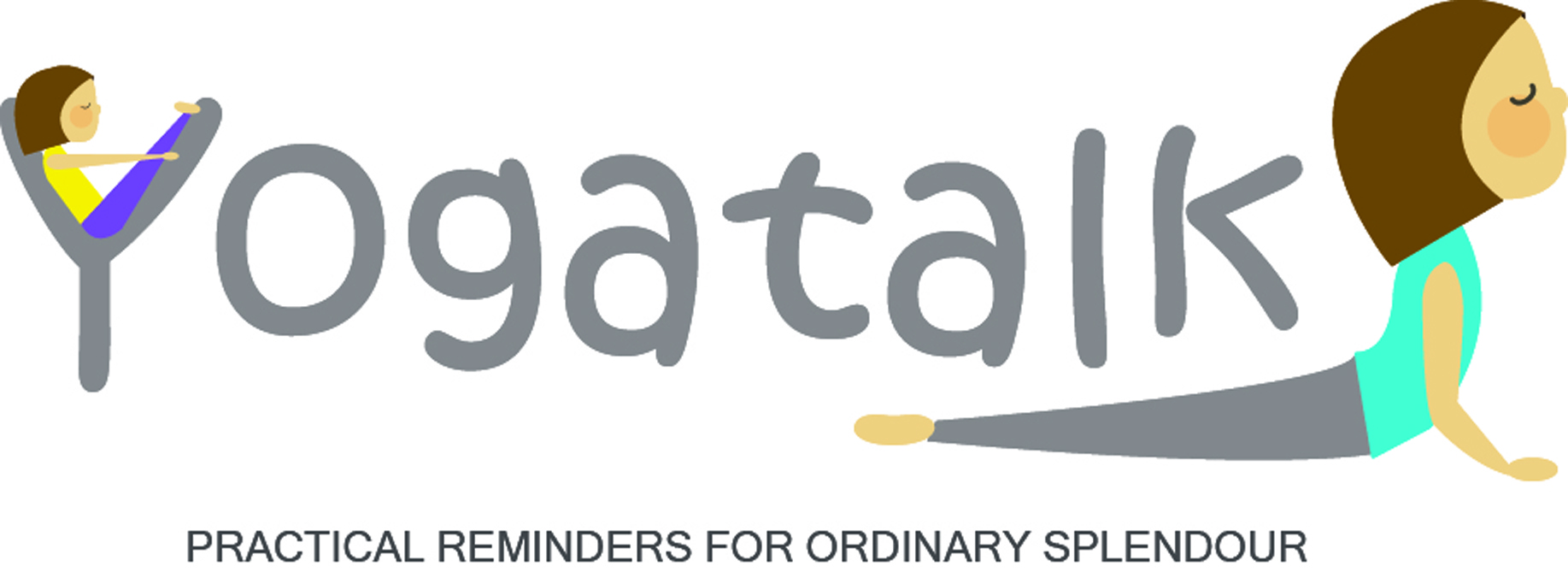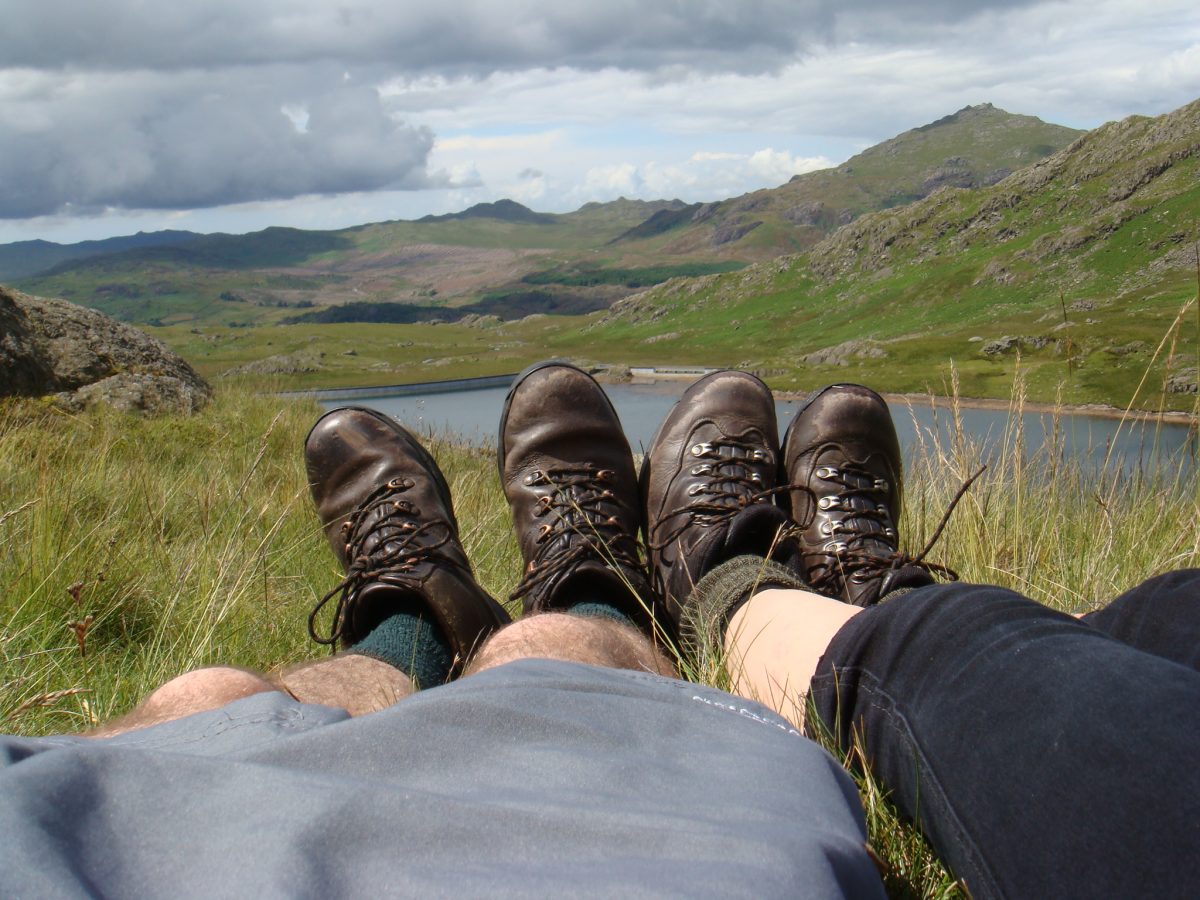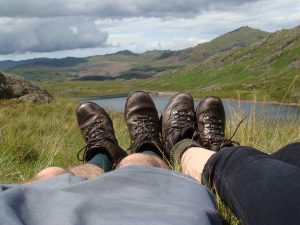 This is also a podcast. (To listen, click on the arrow above). Read it through a few times imagining you are at rest – it will help the suggestions soak in.
This is also a podcast. (To listen, click on the arrow above). Read it through a few times imagining you are at rest – it will help the suggestions soak in.
Use the practice as a prelude to sleep or to help quell anxiety if you’re having difficulty sleeping.
Also try the practice as an energiser during the day by permitting yourself time out, even just a few minutes, to take a rest.
Unless you’re already in bed, an easy chair with leg support is fine; or lie on the back, feet apart, palms uppermost. If the lower back complains – put a pillow under the knees.
The practice:
If tense once in position, stretch and yawn.
Let eyes relax and close; begin to settle.
Softly gaze into the back of your eyelids – notice what you see.
Become aware of your hands, keep noticing them.
Let the mouth softly close.
Place the tongue in the roof of the mouth. Let it lift at the back – it will help you keep the mouth closed and breathe through the nose.
Sense the breath at the nostrils, follow the air moving out… moving in.
Imagine more space for the air… in the chest, in the throat, and the bridge of your nose, for the lungs to breathe.
Notice the manner and rhythm of your breathing.
Allow the out-breaths to soften; feel them lengthen as they soften. Let the inhales and exhales be of similar length.
Take a few big… deep… breaths.
Open the mouth and sigh out the exhales. Do a few more of these, and imagine any worries or muscular tensions melting away along with those out-breaths.
Have the mouth softly close again, and breathe through your nose.
Now let go of your breath to notice other things.
Become aware of the expression on your face – imagine that your eyes are smiling.
Give yourself permission to be light-hearted and do nothing except lie there relaxing.
Feel face muscles releasing – no frown or hard line between the lips.
Let any tightness in the back of the neck melt away.
Allow the shoulders to let go of the arms.
Remind any tightness in the legs to release.
Feel your pelvis settle heavily; imagine it widening, as if to make more room inside for your abdomen.
With every out-breath let any hardness soften.
Sense your weight releasing down and enjoy the ground rising up to support it.
Be a good receiver of that ground underneath, and feel the weight of your body melt into it.
When thoughts come, just notice what they are – like clouds drifting across your mental sky.
When thoughts come… imagine them flying off like a flock of birds.
When thoughts come… imagine saving them for later.
Simply lie there and feel your body breathing and relaxing.
Imagine yourself being bathed in kindly white light.
When distractions come notice your hands and what you see with your eyes closed, and the softness of your breathing.
Focus on these simple things so that all the other stuff of life can melt away for a while.
And now allow your breath to softly deepen.
Feel that you can inhale whatever serves you well now – such as joy, peace, health, vitality… and let go with your exhales of negative things.
Breathe a feeling of more physical and mental space – space to think clearly and move with vitality when you get up, or the space to fall asleep and let go.
Listen to the 10 minute guided resting practice by pressing the arrow below.







